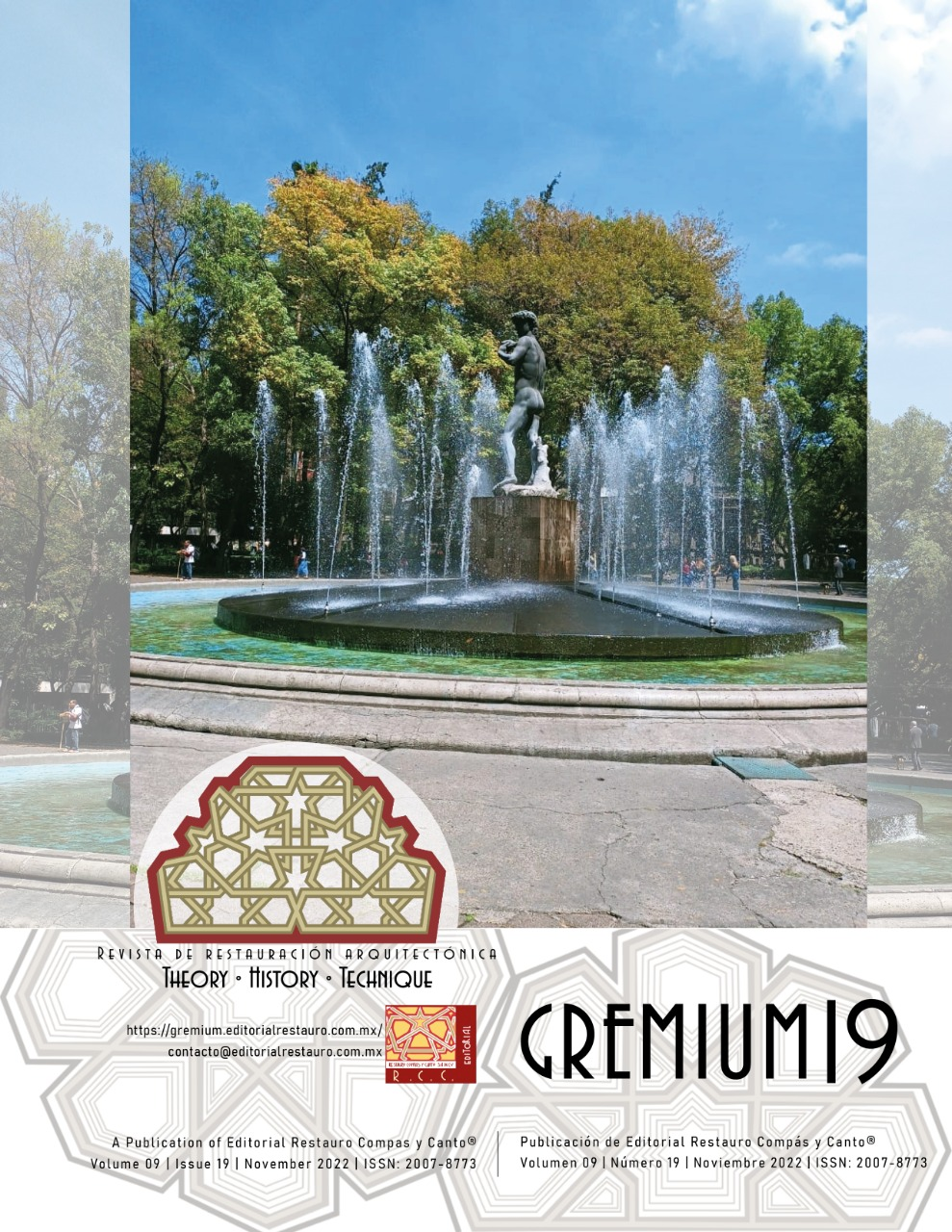Desigualdad social y Ciudad: una breve interpretación teórica
DOI:
https://doi.org/10.56039/rgn19a04Keywords:
social inequality, industrial city, post-industrial city, segregated cityAbstract
The aim of this article was to interpret social inequality from a theoretical point of view, in order to establish its impact on the reorganization of the capitalist city, as the result of change in economic activities. Initially, we had the industrial city, subsequently, the post-industrial or service city, and thirdly, the fragmented or segregated city, where private investment has attempted to create exclusive consumption and housing zones.
The way in which we undertook this, was to consider that sense or meaning is derived from the facts in this study that relate to different theoretical points of view and also on the people who interact in the urban context.
The result obtained showed a probable link between social inequality and the reorganization of urban space, indicating that social inequality has a territorial manifestation and not only a socioeconomic one.
Downloads
Downloads
Published
Issue
Section
License
Copyright (c) 2022 Gremium

This work is licensed under a Creative Commons Attribution-NonCommercial-NoDerivatives 4.0 International License.























